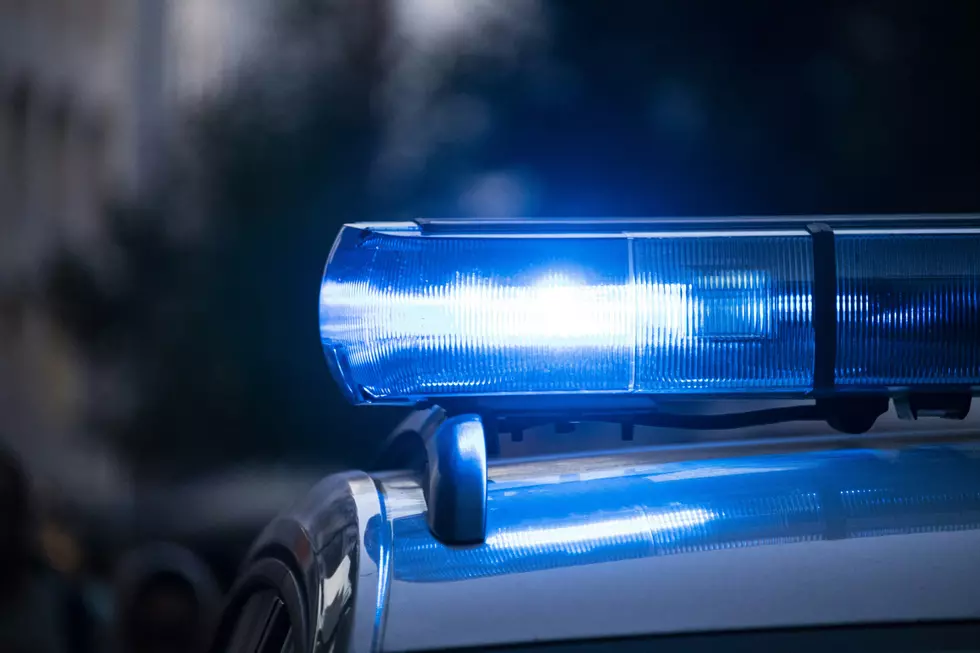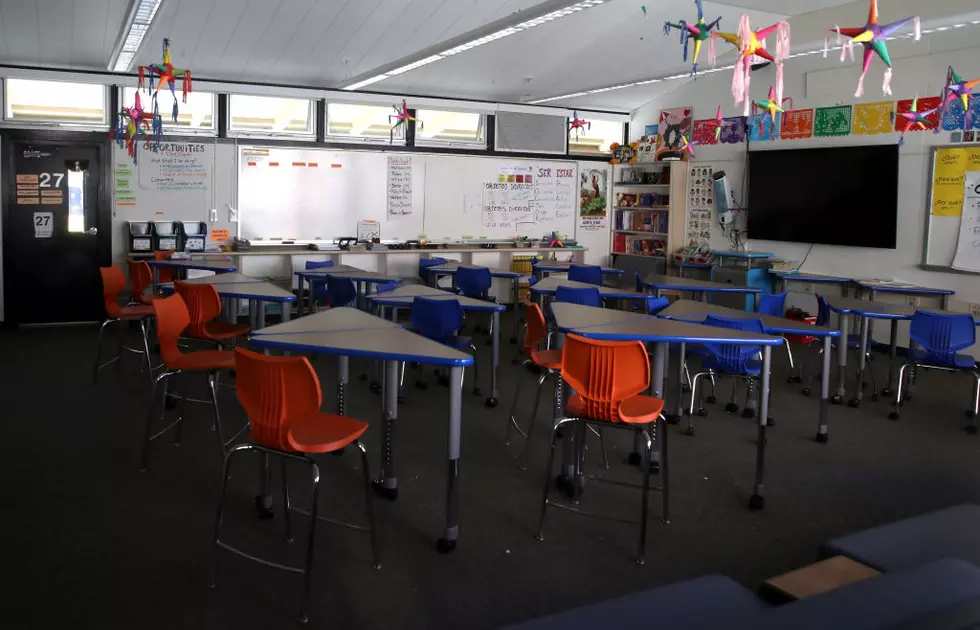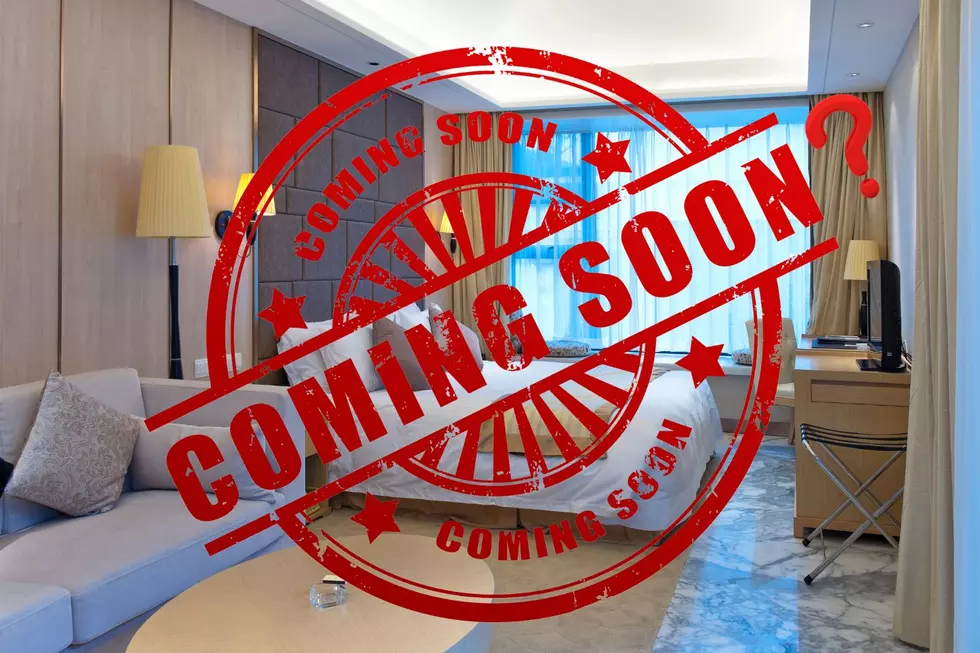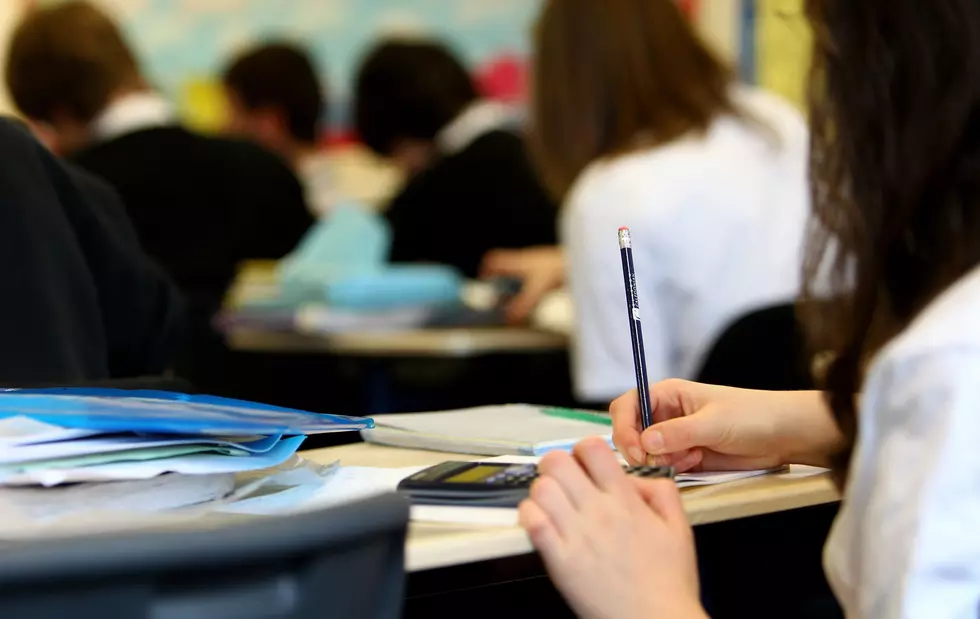
Ultra-Orthodox Schools Could Face Pressure Under New Rules
NEW YORK (AP) — Private and religious schools that don't provide instruction substantially equivalent to New York state's public schools will be threatened with loss of funding for textbooks, transportation and other services under new state Education Department rules released Tuesday.
The guidelines released Tuesday apply to all private schools but could have the greatest impact on ultra-Orthodox Jewish schools, called yeshivas, that critics have accused of providing little or no instruction in secular subjects like English and math.
"Although we are still reviewing NYSED's guidelines, we have always believed that updated guidelines are an important step toward bringing about useful oversight of secular instruction at ultra-Orthodox yeshivas in New York," said Naftuli Moster, the founder of Young Advocates for Fair Education, or YAFFED, a group that advocates for improved secular education at yeshivas.
The pro-yeshiva group Parents for Educational and Religious Liberty in Schools said it worries local school districts may use these guidelines "as license to intrude into the fundamental working and mission of religious schools."
The group said in a statement, "Any attempt to impose uniformity on the almost 1,800 nonpublic schools in New York State, however well-intentioned, is only going to succeed if it appropriately accounts for the uniqueness of our schools and our educational system."
Under the guidelines, staff members from local school districts will visit each nonpublic school once every five years and will determine whether the schools are providing enough instruction in required subjects including English, math, social studies and science.
A bill passed pushed through the state legislature last spring by state Sen. Simcha Felder, a Democrat who has caucused with Republicans, puts ultra-Orthodox yeshivas under the authority of the state rather than local education officials.
Yeshiva critics say the law waters down enforcement, but state Education Commissioner MaryEllen Elia said local education officials will still be charged with visiting the schools that are subject to the so-called Felder amendment and will pass on their findings to the state.
Moster, whose group filed a federal lawsuit over the Felder amendment, said Tuesday's announcement by the state Education Department won't affect the lawsuit.
"While these revised guidelines do not address the unconstitutionality of the April 2018 Felder Amendment to the New York Compulsory Education Law, they are important to help continue the dialogue we must have to truly reform the system," he said in a statement.
The initial round of school reviews will start in the 2018-2019 school year and will conclude by December 2020, Elisa said.
Schools that are flouting the state law requiring substantially equivalent instruction will be given a timeline to reach compliance, Elia said.
If a school is still not in compliance, government-funded services like textbooks and transportation could be withheld, and students would ultimately be directed to go to another school or be declared truant, Elia said.
The new state guidelines come as New York City officials have been bogged down in a protracted review of 30 yeshivas in the city. The city Department of Education says six high schools have refused to let its inspectors in.
Department spokesman Will Mantell said that in light of the new guidelines, city educators will prioritize visiting the schools that have blocked access and may make additional visits to the 24 schools that they have visited so far.
"We welcome the guidance and will work aggressively to implement it," Mantell said.
Elia said "there obviously would be consequences" if schools don't let local education officials in. "If access is not allowed, certainly a determination that a school is providing substantially equivalent instruction cannot be made," she said.
More From WIBX 950




![Central Valley’s Super Cosimo Tangorra Named NYSED Deputy Commissioner [VIDEO] [AUDIO]](http://townsquare.media/site/41/files/2013/10/Central-Valley-Central-School-District-Superintendent-Cosimo-Tangorra-10092013a-by-Kristine-Bellino-.jpg?w=980&q=75)




